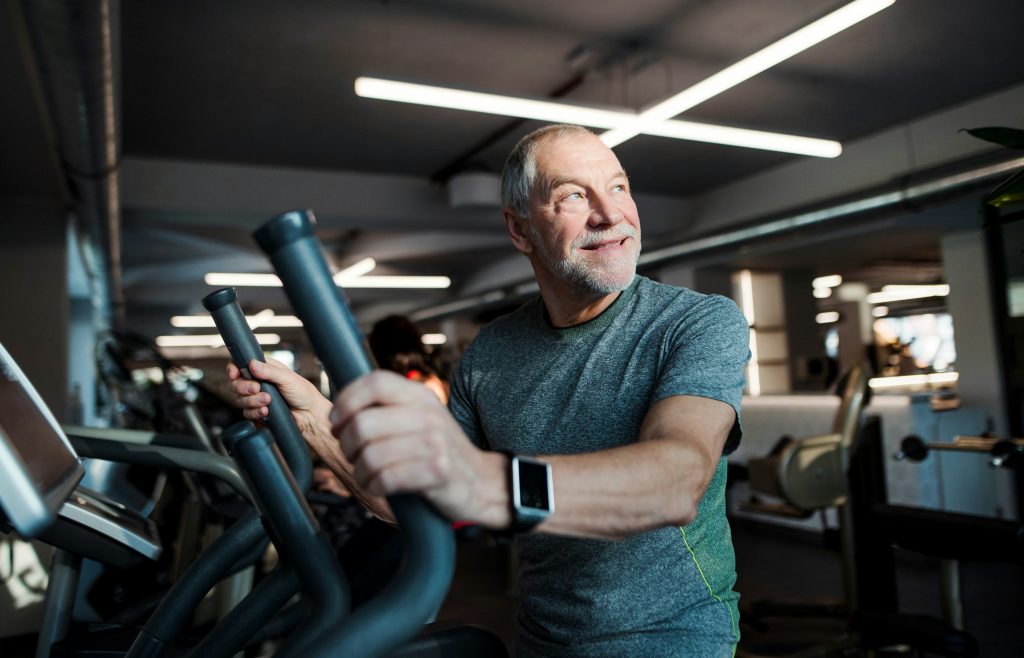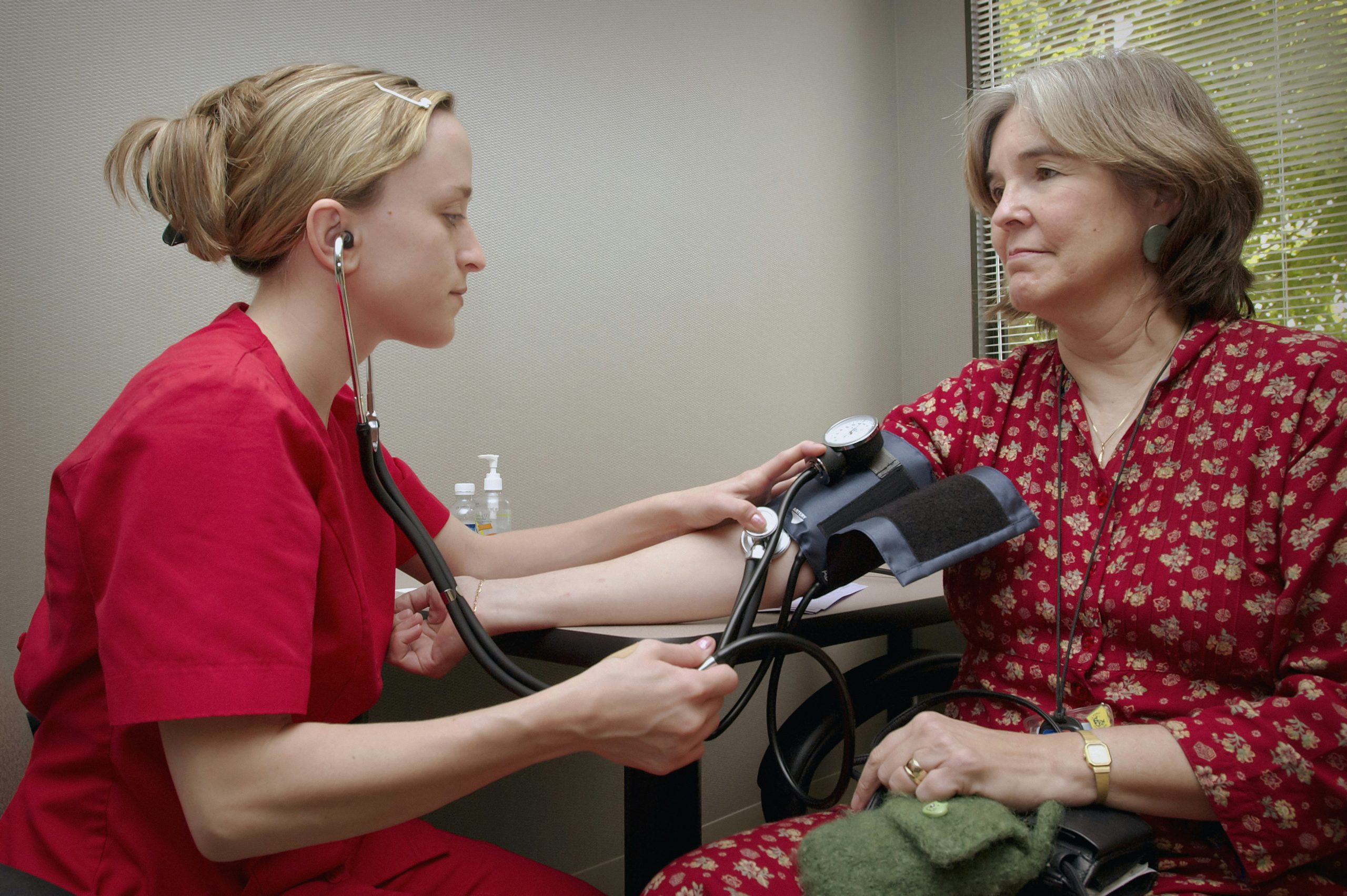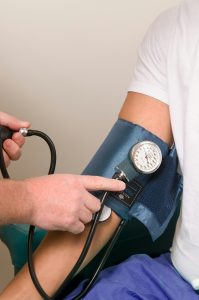Men's Mental Health Insights for 2024
When it comes to their health concerns, men are primarily worried about their mental health, often neglecting opportunities to address their physical health needs. A new survey of nearly 1300 men from a nationally representative panel reveals that three of the top five preventive health issues of concern to men are related to mental health. Stress is the most frequently cited priority, followed by depression and anxiety.
This issue has become even more critical as recent studies show a rise in mental health issues among men, exacerbated by global conflicts, economic challenges, and climate-related events.
The 2023 Report to the Nation by Mental Health Australia provides valuable insights into this growing concern. This article will break down the key findings from the report, offering a clear picture of the current state of men’s mental health, barriers to accessing care, the impact of COVID-19, and more.
Prevalence of Mental Health Issues
Mental health issues affect nearly half of Australian men at some point in their lives. Anxiety and depression are the most common problems. These issues can significantly impact daily life, making it difficult to work, maintain relationships, and enjoy hobbies. A telling statistic is that men in their 40s and early 50s, are more at risk of suicide than any other demographic.
Men often struggle to seek help due to stigma and societal expectations. This reluctance can worsen their condition over time. There is a pressing need for increased awareness and support for men dealing with these issues.
Understanding the prevalence of mental health problems among men is the first step toward addressing them. By acknowledging that many men face these challenges, we can begin to break down the barriers that prevent them from seeking help.

Access to Mental Health Services
Access to mental health services remains a significant challenge for many men in Australia. Cost is a major obstacle, as many cannot afford the fees associated with professional mental health care. Additionally, there is a shortage of mental health providers, especially in rural areas, which makes it difficult for men to find available services.
Stigma also plays a critical role in hindering access. Many men feel societal pressure to appear strong and self-reliant, which can discourage them from reaching out for help. This stigma is often reinforced by cultural norms that associate mental health issues with weakness. As a result, men may delay seeking treatment until their condition becomes severe.
Men are less likely to access mental health services compared to women. This discrepancy underscores the need for targeted efforts to reduce stigma and make mental health care more accessible to men. By addressing these barriers, we can ensure that more men receive the support they need to manage their mental health effectively.
Impact of COVID-19
The COVID-19 pandemic has had a profound impact on mental health worldwide, and Australian men are no exception. The pandemic has exacerbated existing mental health issues and created new challenges. The isolation, uncertainty, and economic stress brought on by the pandemic have contributed to increased levels of anxiety and depression.
There has been a significant rise in calls for help since the onset of the pandemic, highlighting the growing need for mental health support during these times. Younger men and those in vulnerable groups have been particularly affected, experiencing higher rates of mental health problems compared to the general population. Addressing these needs can help mitigate the long-term impact of the pandemic on men’s mental health.
Workplace Mental Health
Workplace mental health is another critical area highlighted in the 2023 Report to the Nation. Many men experience high levels of stress and mental health challenges in their professional lives. Workplace stress is a significant contributor to mental health issues among men. Long hours, job insecurity, and high-pressure environments can lead to burnout, anxiety, and depression.
Employees often feel that their workplaces do not provide adequate support for mental health. Many men report that their employers lack proper mental health policies and fail to offer necessary resources. This gap in support can make it difficult for men to manage their mental health effectively while maintaining their job performance.
Improving workplace mental health requires a multifaceted approach. Employers need to implement executive health programs, provide access to counselling services, and create a supportive work environment. Encouraging open conversations about mental health and reducing stigma within the workplace can also make a significant difference. By prioritising mental health in the workplace, employers can help men maintain their well-being and productivity.
Future Directions and Recommendations
The 2023 Report to the Nation outlines several recommendations for improving men’s mental health in Australia. Increased funding for mental health services is crucial to address the growing demand. Better integration of services can ensure that men receive comprehensive care tailored to their needs. This includes linking primary care providers with mental health specialists to create a seamless support network.
Preventive measures and early intervention are essential components of a successful mental health strategy. Identifying mental health issues early and providing timely support is crucial. Schools, workplaces, and community organisations can play a pivotal role in promoting mental health awareness and offering resources to those in need.
Targeted efforts to reduce stigma and encourage men to seek help are essential. Public awareness campaigns, educational programs, and community initiatives can help change perceptions about mental health and normalise seeking support. By implementing these recommendations, Australia can make significant strides in addressing men’s mental health issues and improving overall well-being.
Conclusion
Men’s mental health is a pressing issue that requires immediate attention. The 2023 Report to the Nation by Mental Health Australia provides valuable insights into the challenges and needs of men facing mental health problems. By understanding the prevalence of these issues, addressing barriers to care, and implementing comprehensive support strategies, we can create a more supportive environment for men’s mental health. –
Speak to the team at Healthscreen today for a mental health check and ongoing support – it’s time to action and prioritise mental health for men in Australia.
















